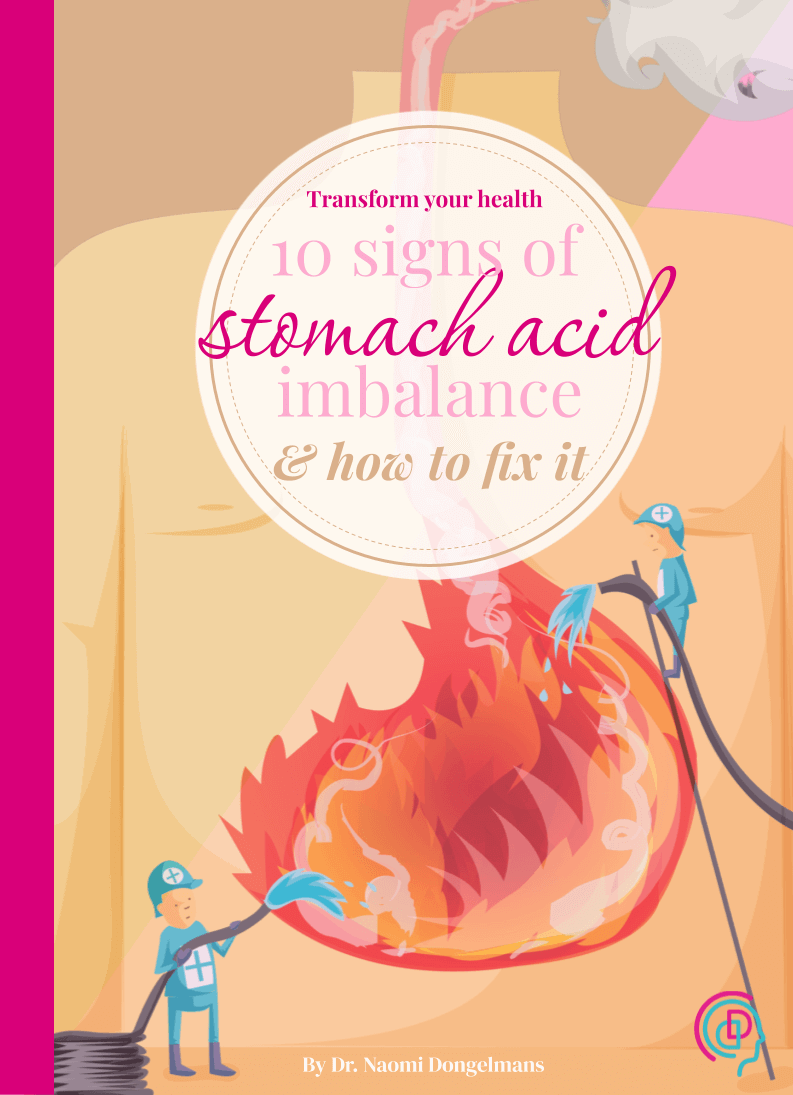An integrative doctor compares the common laxative macrogol with a powerful natural alternative and explains why you must treat the root cause.

As a medical doctor with a focus on integrative health, I often encounter patients struggling with constipation. This common ailment can disrupt daily life, but with the right treatments, relief is possible. In this article, I will discuss two options: macrogol and berberine. Let's explore how they work, their benefits, and why understanding your options is essential.
Understanding root causes first
While both macrogol and berberine can effectively manage constipation symptoms, I always emphasise to my patients that we must look deeper. As an integrative medical doctor, I believe in identifying and treating the underlying causes rather than just managing symptoms.
Common root causes of constipation
- Gut microbiome imbalances: An unhealthy balance of gut bacteria can significantly impact bowel function.
- Food sensitivities: Unidentified food intolerances may contribute to digestive issues.
- Hormonal imbalances: Thyroid problems and other hormonal issues can affect gut motility.
- Lifestyle factors: Stress, lack of exercise, and poor diet can all contribute.
While using macrogol or berberine can provide welcome relief, I always recommend a thorough medical evaluation to identify and address these potential root causes as part of a comprehensive treatment plan.
Key message: While macrogol and berberine can provide effective symptom relief, they should be part of a broader treatment strategy aimed at addressing the underlying causes of your digestive issues. Always work with a qualified healthcare provider to develop a comprehensive treatment plan.

What is macrogol?
Macrogol, also known as polyethylene glycol (PEG), is a widely used osmotic laxative that helps relieve constipation. It works by retaining water in the intestines, which softens the stool and promotes regular bowel movements.
The natural alternative: berberine

In addition to macrogol, I have been recommending berberine to patients as a natural alternative. This compound, derived from several plants, has been used in traditional medicine for centuries and offers benefits that go far beyond just constipation relief.
Advanced benefits of berberine: beyond constipation
In my clinical practice, I've observed that berberine's effects extend to blood sugar regulation and even cellular health, partly through what is known as the 'Warburg effect'. Research suggests berberine can help interfere with the unique way cancer cells use glucose for energy, providing anti-inflammatory support and helping to maintain healthy blood sugar levels, which is important since cancer cells thrive on glucose.
Important note: This information is based on current research and clinical observations. Berberine should never replace conventional treatments but can be used as part of a comprehensive, professionally supervised plan.
Optimal dosing and safety
For most adults, I typically recommend starting with 500-600 mg of Berberine 2-3 times daily with meals. Macrogol is generally used at 1-3 sachets daily. While both are considered safe, berberine should be used with caution if you are on medications for diabetes or hypertension. Always consult with your doctor before starting a new supplement.
Beyond medication: a holistic approach

Effective constipation management involves more than just a pill or powder. True relief comes from a holistic strategy that includes regular exercise, adequate fibre intake, proper hydration (because fibre needs water to work!), stress management, and good sleep.
The bottom line
Both macrogol and berberine are effective for managing constipation. While macrogol offers gentle, symptomatic relief, berberine provides a more holistic approach with additional metabolic benefits. The most important step is to work with a healthcare provider to find the root cause of your issues.
Ready for a truly personal plan?
While tools like berberine and macrogol can be effective, they are just one part of the puzzle. Lasting relief from constipation comes from a strategy that addresses your unique root causes—be it your gut microbiome, hormonal balance, or lifestyle factors.
If you're ready to stop managing symptoms and start building a comprehensive plan for your digestive health, I invite you to book a consultation.
Book a Consultation with Dr. Naomi
My trusted source for berberine
When it comes to supplements, quality and purity are everything. You need to be sure you're getting a potent product without any harmful fillers or contaminants, otherwise, you're just wasting your money.
That's why I recommend the high-purity Berberine from DoNotAge.org.
 They have offered my community a 10% discount with the code drnaomi at checkout.
They have offered my community a 10% discount with the code drnaomi at checkout.
Sources
- Ihara, E., et al. (2024). Evidence-based clinical guidelines for chronic constipation 2023. Digestion, 1-28. https://doi.org/10.1159/000540912
- Sajeev, A., et al. (2024). Unlocking the potential of Berberine: Advancing cancer therapy through chemosensitization and combination treatments. Cancer Letters, 597, 217019. https://doi.org/10.1016/j.canlet.2024.217019.
- Bouhnik Y, et al. (2004). Prospective, randomized, parallel-group trial to evaluate the effects of lactulose and polyethylene glycol-4000 on colonic flora in chronic idiopathic constipation. Alimentary Pharmacology & Therapeutics, 19(8), 889-99. doi: 10.1111/j.1365-2036.2004.01918.x.
- Lee-Robichaud H, et al. (2010). Lactulose versus Polyethylene Glycol for Chronic Constipation. Cochrane Database of Systematic Reviews, (7). doi: 10.1002/14651858.CD007570.pub2.



























0 Comments